Category: Priesthood/RS Lesson – Lorenzo Snow
-
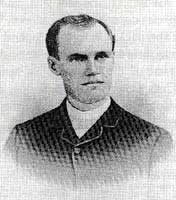
Literary Lorenzo Snow #24: Christ is Born, the Joyful Story
Finding Mormon poetry that talks about Christ is not hard at all. In fact, of all the Mormon poetry that I’ve read (considering only poems written by Mormon authors), the number of poems about Christ surpasses by far the number of poems about any other single individual. If this is a good proxy for what…
-
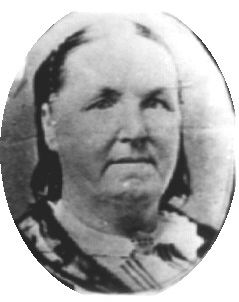
Literary Lorenzo Snow #23: Stanzas
There is no shortage of poetry about Joseph Smith, the subject of lesson 23 of the Lorenzo Snow manual. But Snow’s views on Joseph Smith are focused not on his martyrdom or on his role as the initial prophet of this dispensation. Instead, Snow focuses on Joseph Smith’s character—an unusual subject for the early Mormon…
-
Literary Lorenzo Snow #22: Remember the Poor
Its been a decade or more since practicing “random acts of kindness” became a kind of fad here in the U.S. I’ve always liked the concept, and I’ve practiced it on occasion. But I don’t think its a substitute for the kind of doing good to others that Lorenzo Snow manual lesson #22 is talking…
-
Literary Lorenzo Snow #21: Real and Ideal
I’m usually a little uncomfortable when we discuss the evils of the world, as happens in Teachings of Lorenzo Snow lesson #21. Its not that I don’t see evil in the world, but its that I also see good there. And the optimist in me even sees some progress—the world getting better than it was.…
-
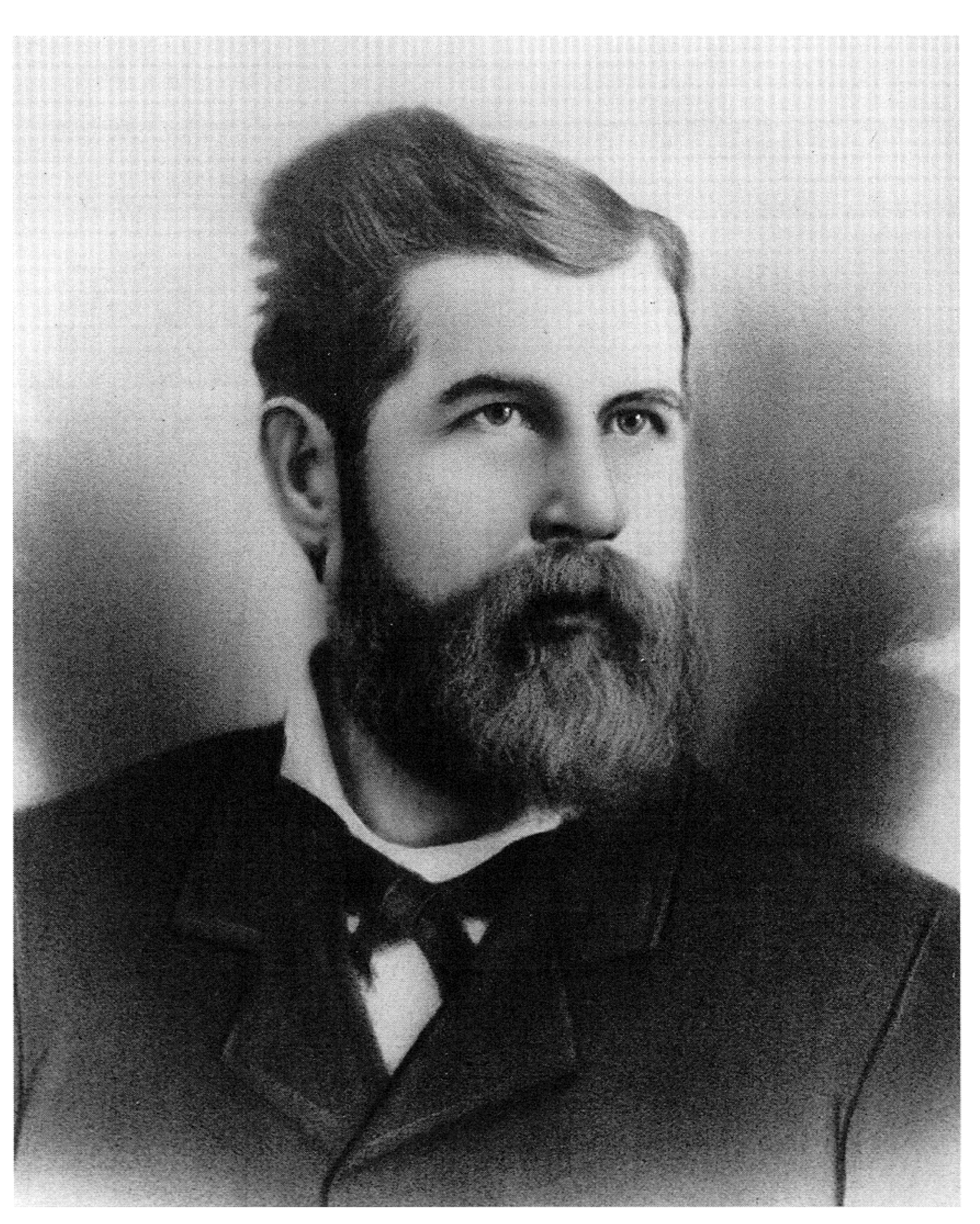
Literary Lorenzo Snow #20: A Marvel and a Wonder
We often use the phrase “a marvelous work and a wonder” to describe the restoration and subsequent spread of the gospel across the earth. And this work is marvelous and wonderful, as lesson 20 of the Lorenzo Snow manual discusses. As a story it has conflict and drama and surprise. And it is, I think,…
-
Literary Lorenzo Snow #19: To Elder L. Snow
Lorenzo Snow lesson 19 highlights several purposes for missionary work in its collected statements from Snow’s discourses. Clearly bringing the gospel to others is the chief purpose of this effort. Snow also suggests in these statements that missionary work is a sacrifice that missionaries make when they are sent out into the world. Perhaps the…
-
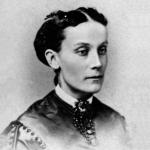
Literary Lorenzo Snow #18: Brigham Young
The world today treats leaders with honor and deference, giving those who manage to become leader of government and society the benefits available to the rich, while shielding them from many of the cares of life, and, at times, from their own errors and sins. Lesson 18 in the Lorenzo Snow manual makes it clear…
-
Literary Lorenzo Snow #17: The Power of Song
Many of our hymns have a martial air to them, often echoed in their messages. We are called “Christian Soldiers,” marching on to war, and we call to the “Elders of Israel” to join the campaign. And often the Priesthood is called “God’s Army” in an attempt to emphasize, I suppose, its size and power…
-
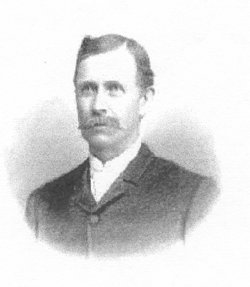
Literary Lorenzo Snow #16: The United Uplift of the Hand
When we speak of unity it is often difficult to understand exactly what we need to do to achieve it. The teachings of Lorenzo Snow in the current Priesthood/Relief Society lesson manual (lesson 16) try to address this, but I’m not quite sure that they give the specifics needed. Should we be united politically? What…
-
Literary Lorenzo Snow #15: Our Missionaries
For many members of the Church the most intense period of “faithful, energetic service in the Kingdom of God” during our lives is our missionary service. So it is no surprise that many of the ideas expressed in the Teachings of the Presidents of the Church: Lorenzo Snow lesson #15 are characteristics that we associate…
-
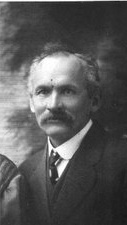
Literary Lorenzo Snow #14: Be Thou My Strength
What do we mean when we talk about help from God? Our religion, and lesson 14 in the Lorenzo Snow manual, teaches us that we should rely on God for the help. Yet when we think about how this help actually works, it isn’t about God doing things for us, at least not usually, its…
-
Literary Lorenzo Snow #13: Oh! The Daughters of Zion
What is the purpose of the Relief Society? While we think we understand its purpose based on what the women’s organization does today, the things that Relief Society does have changed radically since its founding in 1842. And the Lorenzo Snow lesson on the Relief Society shows this change, since his comments reflect a focus…
-
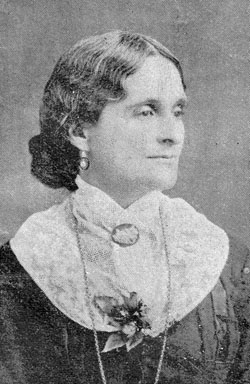
Literary Lorenzo Snow #12: The Christmas Tithing
It is nice to see our duties described in a way that makes clear their role in our communities. Take tithing, for example. Lorenzo Snow’s teachings in the current Priesthood/Relief Society manual (lesson 12) clearly cover our obligation, outlining how much we must provide and how tithing is a commandment of the Lord. But the…
-
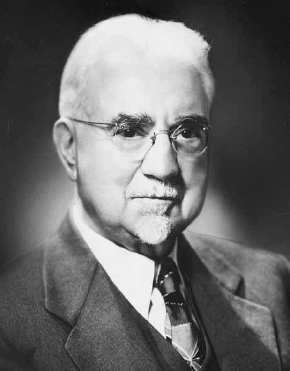
Literary Lorenzo Snow #11: Father! Lead Me Out of Darkness
One of the most difficult concepts for many (perhaps even most) Church members in U.S. culture today is the idea that we should let the Lord direct our lives. Part of the difficulty lies in our desires, which may be righteous, but also may not be what the Lord would have us do. How often…
-
Literary Lorenzo Snow #10: The Temple of God at Nauvoo
We tend to talk about the benefits of the temple more than the obligations. In the temple we may gain knowledge, revelation, be sealed to our families, and give our relatives who have passed on the opportunity to accept necessary earthly ordinances—all important elements described in the Lorenzo Snow manual lesson 10. But these benefits…
-
Literary Lorenzo Snow #9: Memento
The sacred and eternal nature of families is regularly taught and believed among Mormons today. But it wasn’t seen as quite as obvious to Church members in the middle of the 19th century. The teaching that our family relationships extend past this life and are modeled on the family relationship we had before this life…
-
Literary Lorenzo Snow #8: The Epitaph
Character not only matters, Lorenzo Snow seems to indicate in the material included in lesson 8 of the Lorenzo Snow manual, it is how we are judged, how the Lord “knows our heart.” This prioritizes, of course, character development, which is, in the end, the focus of this lesson. While I don’t have a Mormon…
-
Literary Lorenzo Snow #7: Since Mother Went Away
In Mormonism we talk a lot about concepts like “enduring to the end” and “faithfulness in times of trial” (the subject of the current lesson in the Lorenzo Snow manual). We teach that trials are a necessary part of life, burdens that we need to pass through in order to learn the lessons of life…
-
Literary Lorenzo Snow #6: Saturday Evening Thoughts
Chapter 6 of the Lorenzo Snow manual discusses President Snow’s teachings about perfection—his encouragement of gradual improvement, diligence and patience and the role of repentance in obtaining perfection. One of the concepts that stands out to me is the requirement for patience and endurance in reaching perfection. These themes can also be found in his…
-
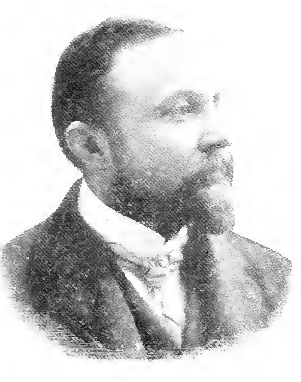
Literary Lorenzo Snow #5: Pre-Existence
Lorenzo Snow’s teachings on man’s destiny and on the nature of God have often been met with both criticism from non-Mormons and wonder from members. His couplet about the past of God and the future of man (mentioned in the lesson), encapsulates an important part of Mormon theology, something that has been even encapsulated in…
-
Literary Lorenzo Snow #4: Then give us, O Father
When Lorenzo Snow speaks of the Holy Ghost in the material included in chapter 4 of the lesson book, it is clear that he sees the spirit as a great help to us. “It would be simply foolish indeed to expect the Latter-day Saints in these days to comply with the celestial law… except they…
-
Literary Lorenzo Snow #3: To the Latter-day Saints
The concept of enduring to the end can be somewhat vague. Much of what it requires depends on environment and circumstance — what is required for you to endure to the end is perhaps different than what will be required of me. But the underlying gospel principles are known, and the following poem by Eliza…
-
Literary Lorenzo Snow #2: For Baptism
[I am traveling for the 4th annual Brazilian Mormon Studies Conference — please excuse the delay in posting this.] From the beginning of Mormonism, Baptism has been a central focus of our preaching. Baptism must be done in the correct manner and by the correct authority, and should be followed by the gift of the…
-
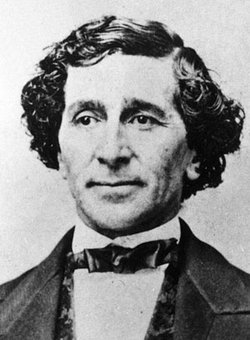
Literary Lorenzo Snow #1: Provo Sunday School
I love the first lesson in the Lorenzo Snow manual. It seems like Snow’s love of learning is second to none among latter-day Prophets. And his statements about learning are wonderful: “Though we may now neglect to improve our time, to brighten up our intellectual faculties, we shall be obliged to improve them sometime. We…
-
Why Literary Gospel Doctrine Lesson Posts
For the past year each Monday afternoon my “Literary BMGD” posts have appeared each Monday — perhaps confusing some readers who have wondered exactly what these posts were all about. And those who clicked on them to read what they had may have been surprised to find that they were… poetry. What exactly is BMGD…
